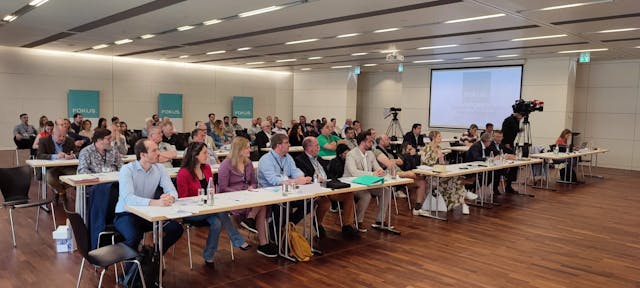EU prepares major reform of air travel rules

Ross Parmly, Unsplash
On 5 June 2025, an important step for millions of European air passengers took place in Luxembourg: EU transport ministers agreed on a major reform of the regulations governing passenger rights in air transport. The process, which began back in 2013, is now gaining political consent and could become one of the most significant consumer acts of recent years.
The essence of the reform is the expansion and clarification of passenger rights: a total of 30 new or updated provisions are envisaged to improve service quality, transparency and protection mechanisms in case of disruptions.
One of the most anticipated measures was the official prohibition of the practice of "no-show" - the cancellation of a return ticket if the passenger did not use the flight there. This practice has been strongly criticised and will now be banned in all EU countries.
One of the main innovations was clearly defined thresholds for delay compensation:
- EUR 300 for delays of 4 hours or more - for flights less than 3,500 kilometres;
- 500 euros for delays of 6 hours or more for longer flights.
These regulations, although stricter than the current informal practice (€250 for 3 hours), will be enshrined in mandatory legislation, removing legal uncertainty.
Plus, the automatic refund mechanism will make it easier to file complaints and speed up refunds.
Special attention is paid to improving conditions for people with disabilities and other specific needs. The aim is to make air transport more accessible and inclusive.
Luxembourg supported the initiative, but expressed concern about the possible impact on regional airlines. Ministers emphasise that too stringent rules could lead to reduced flight frequencies, especially in small countries and on low-margin routes.
At the same time, the country noted the positive experience of the national complaints system, where passengers can directly contact the Consumer Protection Authority, bypassing complex international mechanisms. This allows for a speedy resolution of disputes, which is lacking in a number of other countries.
The current agreement is only the first phase. Negotiations with the European Parliament lie ahead. Luxembourg has promised to be actively involved in finalising the text, especially on the issues of compensation and regulation of missed connections.
If adopted in its entirety, the document will not only strengthen consumer protection, but will also set a new standard globally, shaping the image of the EU as a region with one of the highest levels of air passenger rights.





